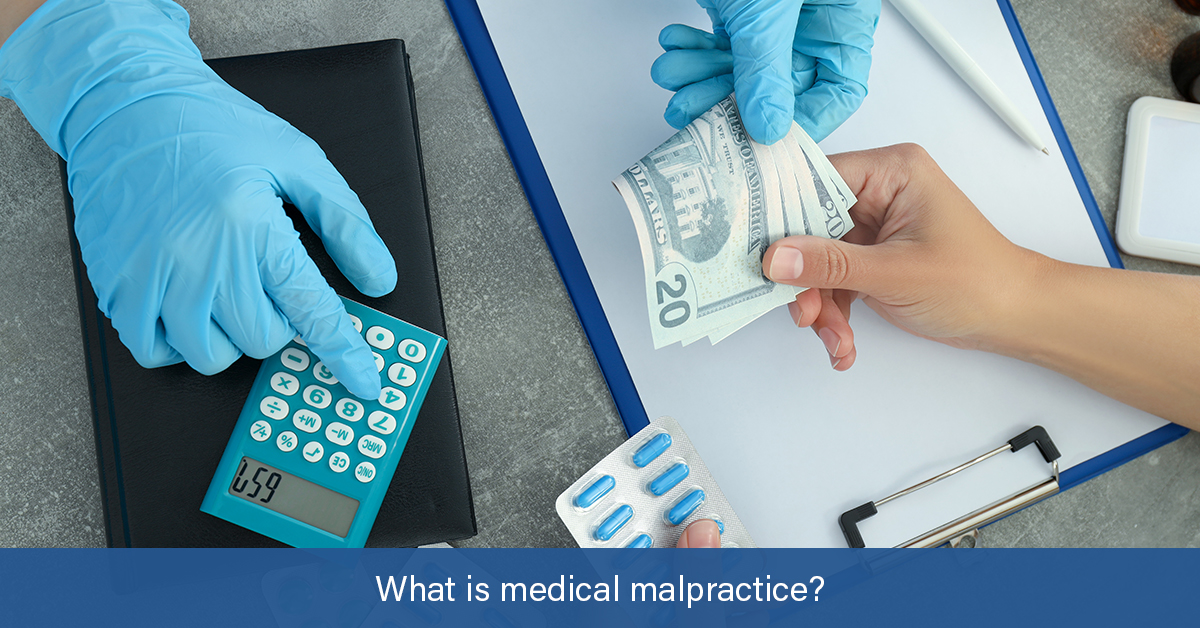Medical Waivers: Can You Still Sue for Malpractice?

If you’re pursuing a malpractice case but faced with a waiver, you’re not alone. Filing a medical malpractice claim is a highly complex and emotionally challenging feat. Many medical facilities require patients to sign waivers or consent forms before treatment. So it is not uncommon to question whether the forms waive your rights to sue for malpractice. To determine whether they hold any weight in your lawsuit, you must first understand the intricacies of medical waivers.
Understanding Medical Waivers
A waiver is a legal document that strives to relieve a party from liability in the event of potential harm or injury. In healthcare, these waivers summarize the inherent risks associated with a specific treatment or procedure. Patients are often required to sign them to agree to the possible dangers.
Limits of Waivers
But waivers are not the “be all, end all” of enforceability regarding medical malpractice—whether medical providers and institutions choose to protect themselves with them or not. That’s because waivers do not have the power to fully take the accountability off of the healthcare professional for their own negligence or lackluster performance. To specify, signing a release does not immediately and automatically mean that your doctor is not responsible for your poor treatment or injury. Moreover, it has no weight when standard medical practices are ignored in a court of law.
Standard of Care and Negligence
Speaking of standard practices, medical malpractice claims hinge on the issue of “standard of care.” This area focuses on the quality care and treatment level that a skilled provider of the same specialty would have done under similar circumstances. But when a doctor or medical professional exhibits poor practices that fail to meet standards and cause injury or harm, the situation may be negligent. As a doctor, negligence is a severe and damaging claim—which documents and waivers cannot deflect legal liability.
Informed Consent vs. Waivers
The type of document you’ve signed also makes a difference in your malpractice lawsuit. Suppose you have given your healthcare provider informed consent. In that case, you have permitted them to proceed with the procedure after accurate information about the risks, effects, purpose, and alternatives have been debriefed. When a waiver has been signed, the potential danger has been addressed without explicitly mentioning negligence or malpractice. Both do not fully protect the healthcare provider from liability.
The Role of Public Policy
Public policy considerations also play a role in configuring the power of waivers in medical malpractice courts. Typically, the judge favors the patient or plaintiff’s protections by prioritizing public welfare over contractual agreements. So when the presentation of the waiver is used to deflect liability from the negligent doctor, it becomes void and useless. Victims deserve the right to compensation when confronted with medical negligence to account for their pain and suffering.
Exceptions and Variations
It’s important to note that the applicability of your waiver depends on your unique circumstances and jurisdiction. For example, some states may have laws that limit or prevent the validity of waivers in medical malpractice cases, period. Likewise, exceptions such as gross negligence or intentional misconduct may apply where waivers will most likely be deemed invalid altogether. Since your chances of a smoother malpractice process differ by state, you may want to check your local state laws before filing a claim.
Seeking a Medical Malpractice Attorney
Taking the first step in filing a medical malpractice claim can present significant challenges—especially when done alone. It requires careful consideration of whether to sue the hospital, physician, or both, among other factors.
That’s where your medical malpractice attorney comes in. Breit Law attorneys in Virginia Beach specialize in supporting you through the claims process. No matter the malpractice type, we can thoroughly explain your legal rights and offer a complimentary case review in Hampton Roads.
To connect with our legal team and start your claim, call 757-456-0333 or fill out or form here.


